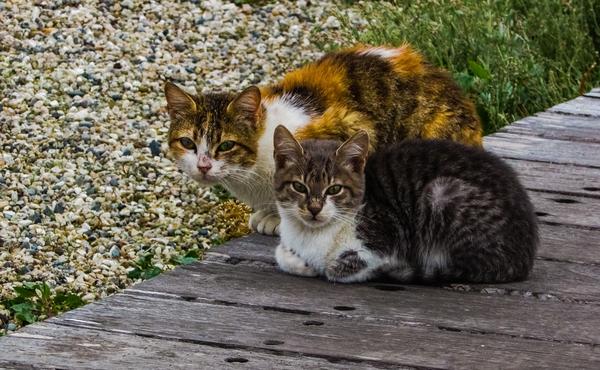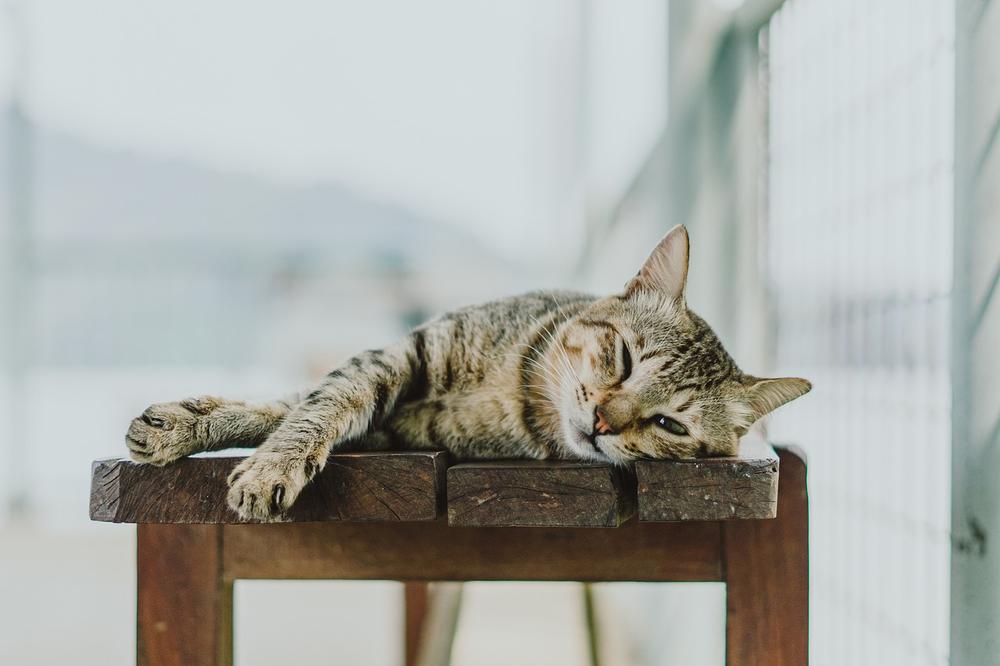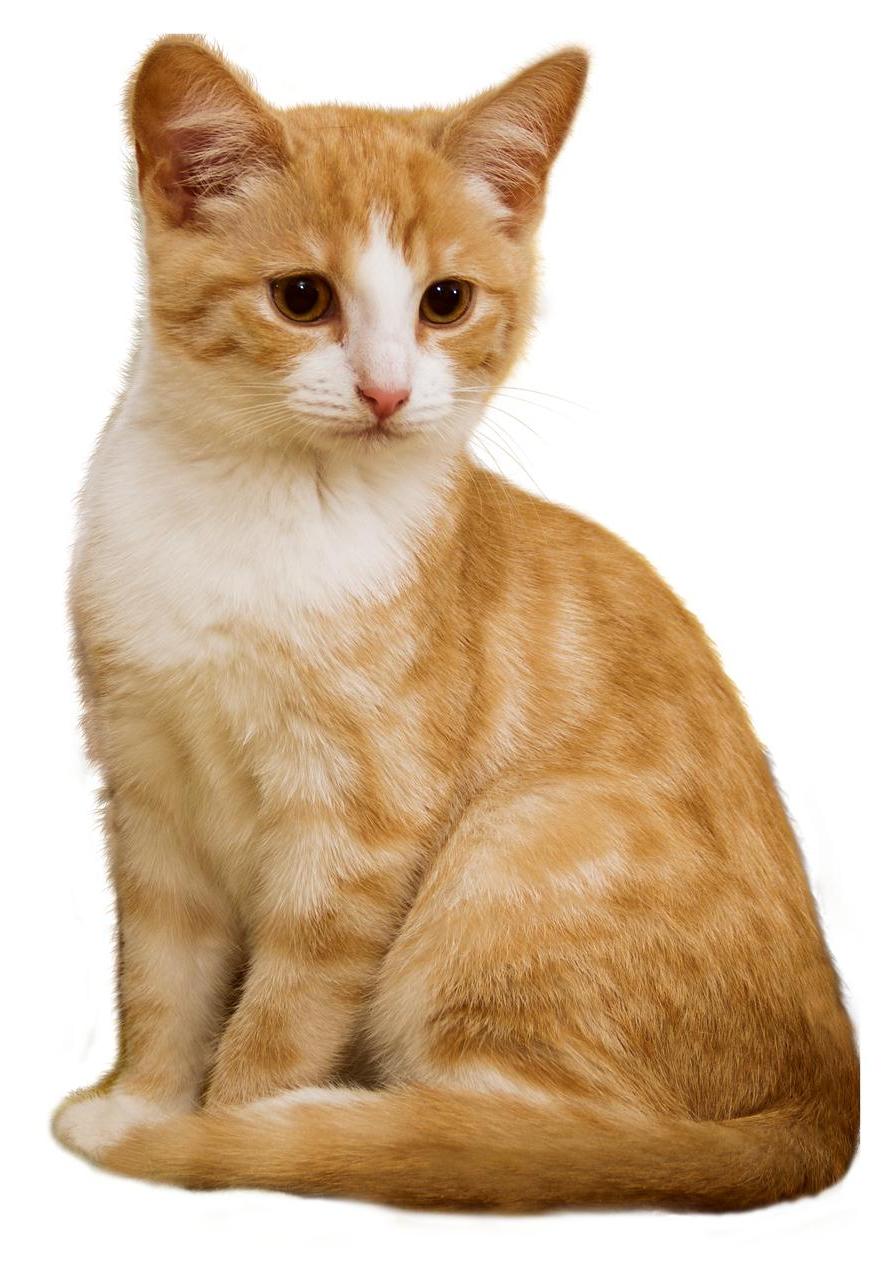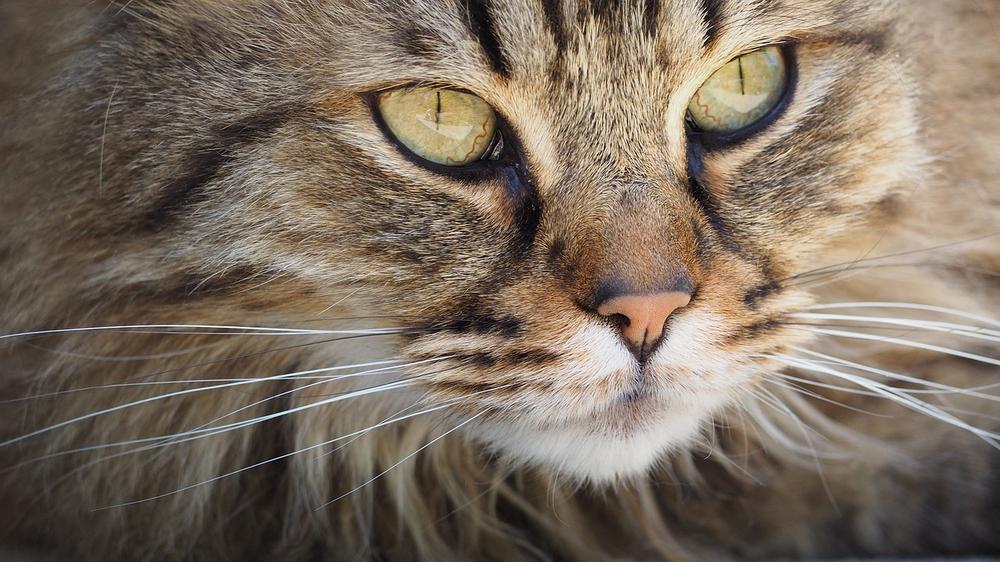Do Cats Like It When You Talk to Them?

Want to know if your cat secretly enjoys those long conversations you have with them when no one else is around?
Well, I feel you – we all want to connect and communicate with our furry friends. 😺
So, let's dive into the world of feline conversationalists.
The Benefits of Talking to Your Cat: A Healthy Connection
Talking to your cat has a lot of benefits for both of you.

Here are 10 reasons why it's worth having a conversation with your feline friend:
- It helps you feel less lonely and gives you companionship.
- Indoor cats, who usually don't socialize much, benefit from it even more.
- When you talk to your cat, you create a connection and satisfy their need for social interaction.
- By chatting with your furry friend, you strengthen the bond between you two.
- You can express your affection in a meaningful way through conversation.
- Talking allows you to build a deeper relationship with your cat.
- It also helps you notice any changes in their behavior that might signal illness.
- Both you and your cat experience lower stress levels when you communicate.
- Conversations with your cat can decrease blood pressure and prevent heart diseases.
- Overall, maintaining connections and friendships promotes good health.
So next time you find yourself talking to your cat, remember that it's not just idle chatter – it's a healthy connection that benefits both of you. ✨
And now let me delve into the fascinating reasons behind cats' ability to understand and respond to human communication.
Do Cats Understand What You Are Saying?
Cats are extraordinary creatures when it comes to understanding human communication. Despite not comprehending the literal meaning, they have an uncanny ability to decipher the tone, inflection, and emotion behind our voices.
This allows them to accurately gauge our moods and intentions with impressive accuracy. Through their keen sense of smell and acute auditory cognition, cats can distinguish between different individuals, instantly recognizing the sounds and scents associated with their owners and strangers.

Interestingly enough, cats even understand common words and phrases, responding when called by their names.
Engaging in conversations with these intelligent felines can help us unravel the nuances of their vocalizations, as they perceive talking as a form of communication.
Although they primarily rely on non-verbal cues like body language and scent marking, cats also possess the remarkable ability to comprehend human intentions, actions, and emotions by interpreting our facial expressions.
What Tone of Voice Do Cats Like?
Cats have their own preferences when it comes to the way we talk to them.
If you want to make your furry friend happy, pay attention to how you speak.
Here's what cats like in a tone of voice:
- Soft and soothing tones create a calm and relaxing atmosphere for cats.
- Cats respond best to a sweet, baby-like voice because it sounds gentle and melodic to them.
- Angry or threatening tones are unpleasant for cats, so it's better to avoid them.
- Cats pay more attention to body language than specific words, so it's essential to use non-verbal cues along with your voice.
- Using high-pitched tones with extended vowels can get a cat's attention.
- Speaking to cats happily not only keeps them interested but also puts you in a better mood.
- However, be careful about the tone and volume of your voice so that your pet doesn't mistake your communication with another human.
Using the right tone of voice is crucial for creating an environment where your beloved feline feels understood and comfortable. 😺
To truly understand why cats enjoy certain tones of voice, you may be wondering, "Why does my cat purr when they see me?" Find the answer in my useful blog post, Why Does My Cat Purr When He Sees Me.
Discover the fascinating reasons behind their joyful purring and enhance the bond with your furry companion.
Ways to Speak Meow to Your Cat
Mimicking your cat's meows creates a bond
Did you know that cats use their meows to talk to humans?
It's true!
Those cute little sounds are how they communicate with us. So, what can you do?
Well, one great way to connect with them is by mimicking their meows, clicks, and purrs.
When I imitate their sounds, it shows that I understand and value their thoughts, feelings, and desires. It's like having our own special language!
Observe and learn your cat's language
Each cat has its unique set of vocalizations.
Some might make trilling sounds as they roam around the house casually. Others may loudly meow just to ensure everyone knows they're present.
To truly comprehend your feline friend, pay close attention to their body language and the tone of their meows.
Are they hungry?

Do they want to go in or out?
By noticing these cues, you and your furball will have even better communication. By the way, have you noticed your cat slow blinking at you?
That's actually a sign of trust and relaxation.
Don't forget to return those slow blinks when you catch them doing it!
Consistency is key in speaking "meow"
To become fluent in "meow," you should be consistent in both your words and gestures.
Cats are intelligent creatures; they can learn the meaning behind certain words and actions.
If you always say "food" when you give them a meal, they'll eventually associate that word with their delicious treats. And if you use a particular gesture to call them over to you, they'll pick up on it over time.
With practice and patience, you and your furry companion can develop your own special language.
Who would've thought bonding with your kitty could be so much fun?
Meow!
Conclusion
Key Takeaways:
- Talking to your cat creates a connection and fulfills their social needs.
- Bond with your cat, express affection, and make them feel valued.
- Talking to your cat helps identify changes in behavior that could signal illness.
- Owning a cat brings mental and physical health benefits.
- Cats recognize people through sense of smell and voice.
- They understand commonly used words and phrases, responding to their names.
- Conversations with cats aid in understanding their vocalizations.
- Cats interpret facial expressions and adjust their behavior accordingly.
- Cats have superior hearing and prefer soft and calm voices.
- Speaking in a high-pitched tone with extended vowels can get their attention.
- Tone and volume of voice should be mindful to avoid confusion.
- Cats use meows to communicate thoughts, feelings, and desires.
- Pay attention to body language and tone of meows to understand emotions.
- Meows have different meanings, such as hunger or wanting to be let in.
- Each cat has unique sounds and communication styles.
And that wraps up today's article.
If you wish to read more of my useful articles, I recommend you check out some of these: Do Kittens Remember Their Siblings, Why Does My Cat Hate Other Cats, Why Do Cats Like Menthol, and Why Does My Cat Purr and Bite Me
Talk soon,
-Sarah Davis